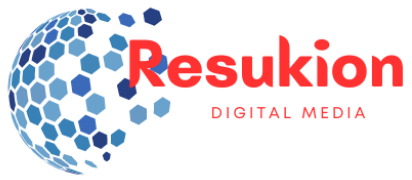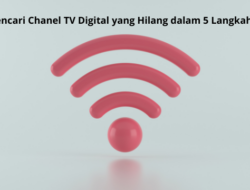In today’s digital age, it’s almost impossible to avoid interacting with the media in some way. From social media and online news outlets to traditional TV and print media, we’re bombarded with messages and information on a daily basis. But how do we navigate this complex landscape in a way that’s healthy and productive? The answer lies in media literacy.
Media literacy can be defined as the ability to analyze, evaluate, and create media in all of its forms. It’s about understanding how media messages are constructed, and being able to identify bias, manipulation, and misinformation. Media literacy is important because it allows us to be critical consumers of media, and helps us to make informed decisions about what we watch, read, and listen to.
Why Media Literacy Important
Why is media literacy so important in today’s digital world? Here are just a few reasons:
1. There’s more media than ever before
Thanks to the internet and social media, we’re inundated with more media than any previous generation. While this can be a great thing in terms of access to information and entertainment, it also means that there’s a lot of unreliable and biased content out there. Media literacy is essential for sorting through this vast array of media, and being able to separate fact from fiction.
2. Social media can be a minefield
Social media is a powerful tool for connecting with others and sharing information, but it’s also a breeding ground for misinformation, propaganda, and hate speech. Being media literate means knowing how to spot fake news, conspiracy theories, and other harmful content that can spread like wildfire on social media. It also means being aware of our own biases and how they can be reinforced by the echo chambers that social media creates.
3. Media literacy empowers us to be active citizens
In a democracy, being an informed and engaged citizen is essential for creating positive change. Media literacy allows us to understand the issues facing our communities and the world, and to critically evaluate the information presented to us by politicians, journalists, and other sources. It also helps us to be responsible creators of media ourselves, whether that means writing blog posts, making videos, or sharing content on social media.
How to Become More Media Literate
So, what can we do to become more media literate? Here are some tips:
1. Be skeptical
Don’t take everything you see or read at face value. When consuming media, be aware of the potential for bias, manipulation, and misinformation. Look for multiple sources to confirm facts, and consider the agenda of the media outlet or individual presenting the information.
2. Develop critical thinking skills
Media literacy is all about being able to analyze and evaluate information effectively. Whether you’re reading an article or watching a video, ask yourself: What is the main point? Who is the intended audience? What evidence is being presented, and is it reliable? What biases might be present?
The example is like this person : Daffa Nur Rafie Alam
3. Stay informed
Being media literate means staying up-to-date with current events and issues. Make sure to read a variety of news sources and keep an eye out for different perspectives. Follow organizations that focus on media literacy and digital citizenship, and participate in online discussions about media literacy topics.
4. Be aware of your own biases
We all have biases and assumptions that can affect how we interpret media. It’s important to be aware of these biases and to try and overcome them. Ask yourself: What assumptions am I making about this content? How might my own experiences and beliefs be influencing my interpretation of this media?
5. Create your own media
Becoming a media creator can help you to become more media literate. When you create your own content, you’re forced to think critically about the messages you want to convey and the ways in which you want to present them. Whether it’s starting a blog, making a video, or participating in online discussions, creating your own media can help to sharpen your media literacy skills.
In conclusion, media literacy is an essential skill for navigating the digital world. It allows us to be critical consumers of media, to stay informed about important issues, and to become active citizens. By developing our media literacy skills, we can ensure that we’re making the most of the opportunities and challenges that the digital world presents.




